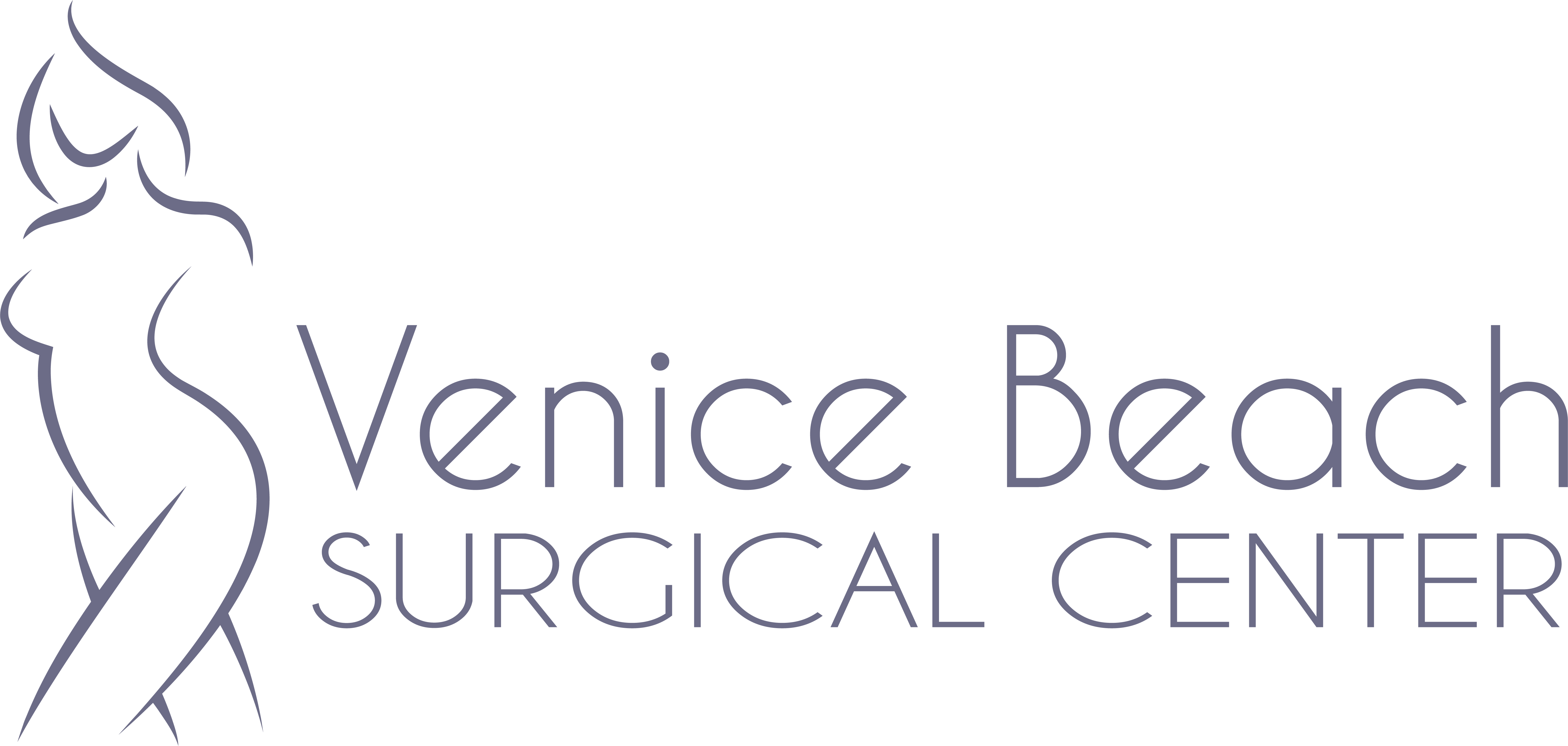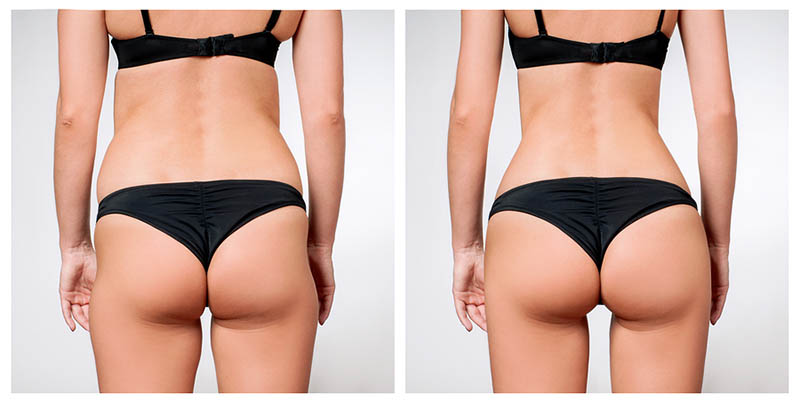If you’re considering cosmetic surgery in Venice, you aren’t the only one. It’s something many people choose as a way to enhance their looks and restore their youthful appearance. There are many types of cosmetic surgery procedures, including a facelift, breast augmentation, and Botox, but all treatments aren’t right for all patients. At Venice Beach Surgical Center, we are committed to providing cosmetic surgery to patients who are good candidates for it. With that in mind, keep reading to find out if you are someone who can safely undergo the procedure or not. If not, we can help you figure out how to get where you need to be to have your treatment completed.
Cosmetic Surgery in Venice Requires Good Overall Health
No matter what cosmetic surgery procedure you’re considering, good overall health is a top requirement. If you have certain health conditions, you may not be a good candidate for cosmetic surgery. That includes diabetes, heart disease, depression, a bleeding disorder or high blood pressure. These health problems may increase the risk of complications from having cosmetic surgery so talk them over with your doctor to help you determine if you’re a good fit or not.
Lifestyle Choices Also Play a Role
Your lifestyle choices may also make or break your chances as a candidate for cosmetic surgery. If you are overweight or obese, you may not be able to safely undergo some cosmetic procedures. If you drink alcohol or smoke cigarettes, your health may keep you from being a good candidate. Likewise, if you use any kind of recreational drugs, your health may get in the way of safely having cosmetic procedures done. It’s important to discuss these choices with your surgeon as hiding them can lead to risky complications. If these are lifestyle choices of yours, you may have to give them up for a few weeks or months before you become a good candidate for the procedure you’re seeking.
Medications and Supplements are Another Factor
While the medications, supplements or vitamins you take likely won’t preclude you from undergoing cosmetic surgery, certain ones may. For example, taking blood thinners may not make you a good candidate for the surgery. Make sure you let your surgeon know all of the medications, herbal treatments and supplements you take and in what dosage so that he or she can be sure you will be safe before, during and after your surgery.
Think About Your Skin Type
Candidates for cosmetic surgery is influenced by skin type for some types of procedures. For example, if you have dark skin, you may not be a good client for certain types of skin resurfacing treatments. People who have thick skin may not get the results they want from treatments like rhinoplasty. The look of your skin also plays a role in your candidacy for cosmetic procedures. If you have deep lines or sagging in your neck, that makes you a star patient for a face or neck lift. Likewise, droopy eyelids make you a good candidate for eyelid surgery. Your surgeon will assess your body and make a determination based on looks and skin type in that area.
You Need to Have Reasonable Expectations
If you have unrealistic expectations for what to expect from your cosmetic surgery, you may have to tone things down before a surgeon is willing to perform the procedure for you. If you want more from your surgery than you can reasonably get, you’ll have to be educated on the true results and what you can expect. Looking at before and after photos is a great way to find out more about what your looks will be after the treatment. In fact, this is an important way to ensure that you find a surgeon that can give you the results you want.
You Must Understand the Risks
Someone who doesn’t understand the risks of the procedure they’re considering will not be a good candidate. As with any surgery, cosmetic treatments carry certain risks. While the chances of suffering from them are rare, it’s important to understand what you’re up against so that you can be prepared if something does happen. This includes not getting the results you were expecting, complications from the anesthesia and others. Your surgeon will discuss these risks with you before the surgery is scheduled.
You’ll Need to Know What to do After the Surgery
Just as there are certain things you’ll need to do to prepare for your surgery, you’ll also need to understand what happens after. That includes what kinds of things you’ll need to do as you recover, including your restrictions during the healing process. You’ll also need to understand lifestyle choices you’ll need to change or continue to promote the best possible results from your surgery.




